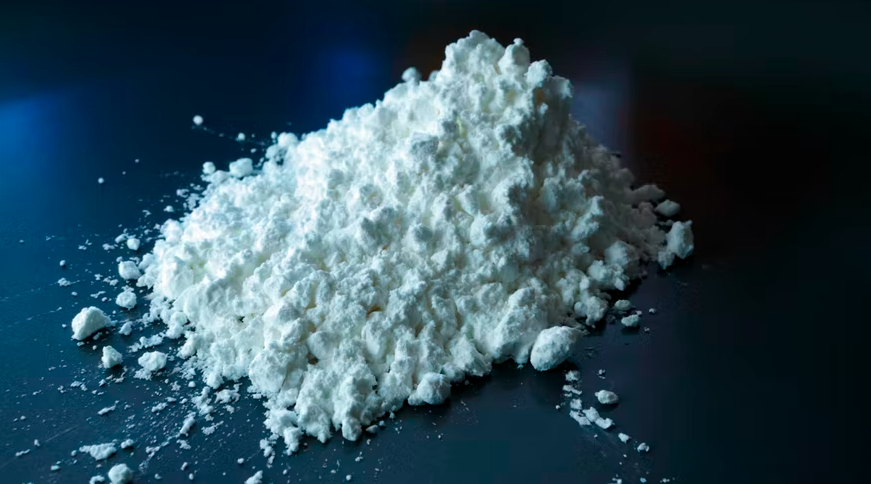An international operation involving judicial and law enforcement authorities in seven countries has resulted in the takedown of one of Europe’s most active Albanian-speaking cocaine trafficking networks in Europe. On February 15th, Eurojust and Europol supported a series of actions carried out in Belgium and Spain, during which over 80 places were searched and 45 suspects arrested. These include a number of high-value targets, investigated in multiple high-profile cases in different jurisdictions.
The suspects allegedly imported cocaine from Latin America to various European ports, organising the transport via planes, vessels, cars and lorries and running the wholesale trade. Spain and other EU Member States were used, to launder the proceedings of their trade.
During the action day, over 600 law enforcement officers in close cooperation with prosecutors and investigative officers carried out raids against the members of this network in Spain and Belgium. A number of parallel actions also took place in Croatia, Germany, Italy and the Netherlands.
Eurojust set up a coordination centre to enable rapid cooperation between the judicial authorities involved. Europol organised the intensive exchange of information and evidence needed to prepare for the final phase of the investigation. Two experts were deployed to facilitate the transnational police operations, using mobile offices on the spot.
The operation, coordinated at the international level by Europol and Eurojust, was the culmination of many months of meticulous planning between law enforcement and judicial authorities in preparation for the action.
A joint investigation team (JIT) was set up between Belgium and Spain last year, with active assistance of Eurojust and Europol. Investigations in Spain started in 2018, with the arrest of a high-ranking member of the organised crime group, who is currently in pre-trial detention. In addition, an Operation Taskforce (OTF) was set up at Europol to pool investigative resources and expertise and develop the investigation internationally.
In Belgium, investigations commenced following the seizure in September 2020 of drugs and large quantities of chemicals, used to transform and preserve cocaine for trading purposes. Large quantities of cocaine seized during various searches all over Europe over the last years are to be linked to the suspects.
This high-level criminal network had set up a string of enterprises in various countries to launder the profits, including Croatia and Spain, often using strawmen. Its members travelled regularly to Dubai, Mexico and Colombia to arrange their illegal business and used encrypted communication tools to coordinate activities.
The following authorities took part in this investigation:
- Belgium: Federal Prosecutor’s Office (Parquet Fédéral, Federaal Parket); Investigative Judge of Brussels (Juge d’Instruction Bruxelles, Onderzoeksrechter Brussel); Federal Judicial Police (Federale Gerechtelijke Politie, Police Judiciaire Fédérale)
- Croatia: County State Attorney’s Office Zagreb; Police Office for the Suppression of Organised Crime and Corruption (Policijski nacionalni ured za suzbijanje korupcije)
- Germany: Federal Criminal Police Office (Bundeskriminalamt), State Criminal Police Office of Hamburg (Landeskriminalamt Hamburg)
- Italy: District Anti-mafia Directorate of Florence (Direzione Distrettuale Antimafia di Firenze); Anti-mafia Investigation Department (Direzione Investigativa Antimafia); Carabinieri (Arma dei Carabinieri)
- Spain: Investigative Court no. 2 (Jugado de Instrucción no. 2) of Palma de Mallorca; Public Prosecutor’s Office of Balearic Islands (Fiscalía de Islas Baleares); Public Prosecutor Office against Corruption and Organised Crime (Fiscalía Especial contra la Corrupción y la Criminalidad Organizada);Civil Guard (Guardia Civil); National Police (Policía Nacional)
- The Netherlands: National Prosecutor’s Office (Landelijk Parket): National Police (Politie)
- United States: Federal Bureau of Investigation (FBI)
Source: Eurojust



